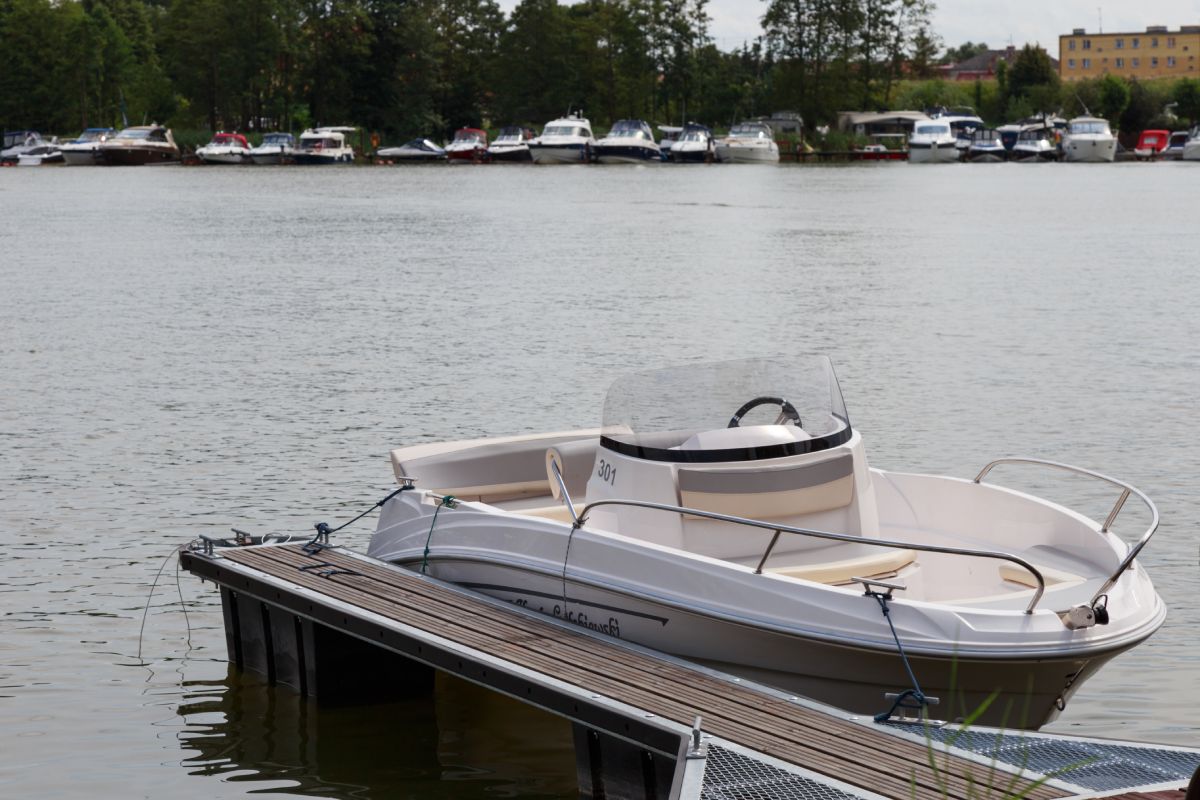
Last time we talked about ‘15 questions you should know when renting a car‘, and this time we would like to explore another vehicle, a boat.
Renting a boat offers a thrilling opportunity to explore open waters, relax in picturesque settings, and create unforgettable memories with friends and family. However, before you rush yourself and ride on the water, it’s better to be well-prepared.
From safety precautions to navigating rental agreements, these 15 tips will ensure that your boat rental experience is smooth, enjoyable, and safe.
15 Tips You Should Know When Renting a Boat
1. Choose the Right Boat
Selecting the appropriate boat for your needs is crucial. Consider factors such as the size of your group, the type of water you’ll be navigating (lake, river, ocean), and the activities you plan to engage in (fishing, water sports, leisurely cruising).
2. Check Local Laws and Regulations
Different bodies of water may have specific regulations regarding boat rentals, safety equipment, and speed limits. Familiarise yourself with the local laws and requirements to ensure compliance and avoid any legal issues.

3. Verify the Operator’s Credentials
When renting from a company or individual, ensure that they are licensed and experienced in boat rentals. Ask for references or read online reviews to gauge the operator’s reputation.
4. Inspect the Boat
Before setting sail, thoroughly inspect the boat for any signs of damage or malfunction. Check the hull, engine, lights, and safety equipment to ensure everything is in proper working order.
5. Understand Safety Equipment
Every boat should have essential safety equipment, including life jackets, flares, fire extinguishers, and a first aid kit. Familiarise yourself with their locations and usage before departure.
6. Know the Navigation Area
Study the navigation area or route you plan to take. Be aware of potential hazards, shallow areas, and restricted zones. Having a basic understanding of the waterway will help you navigate safely.
7. Weather Check
Keep a close eye on the weather forecast. Inclement weather can make boating dangerous, so it’s best to postpone your trip if rough conditions are predicted.
8. Plan Your Itinerary
Create a rough itinerary that outlines your intended route, stops, and activities. Share this plan with a friend or family member who isn’t on board, so they can notify authorities if you don’t return as planned.
9. Operate Responsibly
If you’re renting a boat without a captain, make sure you’re familiar with basic boating skills. Operating a boat responsibly includes understanding how to start and stop the engine, steer, and follow navigation rules.
10. Fueling Up
Understand how the boat’s fuel system works. Refuel as necessary during your trip to avoid running out of fuel in the middle of the water.
11. Docking and Anchoring
Practice docking and anchoring techniques before you leave the rental dock. Improper docking can lead to accidents, while incorrect anchoring can result in drifting or damage to the boat.

12. Communicate Emergency Procedures
Before you set off, inform your group about emergency procedures, including how to use safety equipment, call for help, and react to unexpected situations.
13. Limit Alcohol Consumption
Just like driving a car, operating a boat while intoxicated is illegal and dangerous. Limit alcohol consumption while on the water to ensure everyone’s safety.
14. Respect Marine Life and the Environment
Practice responsible boating by respecting marine life and the environment. Avoid disturbing wildlife, and dispose of trash properly to keep the waterways clean.
15. Review the Rental Agreement
Thoroughly read and understand the rental agreement before signing. Pay attention to details about damage liability, fuel costs, and any additional charges that may apply.
Conclusion
Renting a boat can be an incredible experience, offering a unique perspective on the world and a chance to create lasting memories. Follow these 15 tips and you’re ready to go on your boating adventure with confidence, ensuring safety, enjoyment, and a smooth sailing experience.

